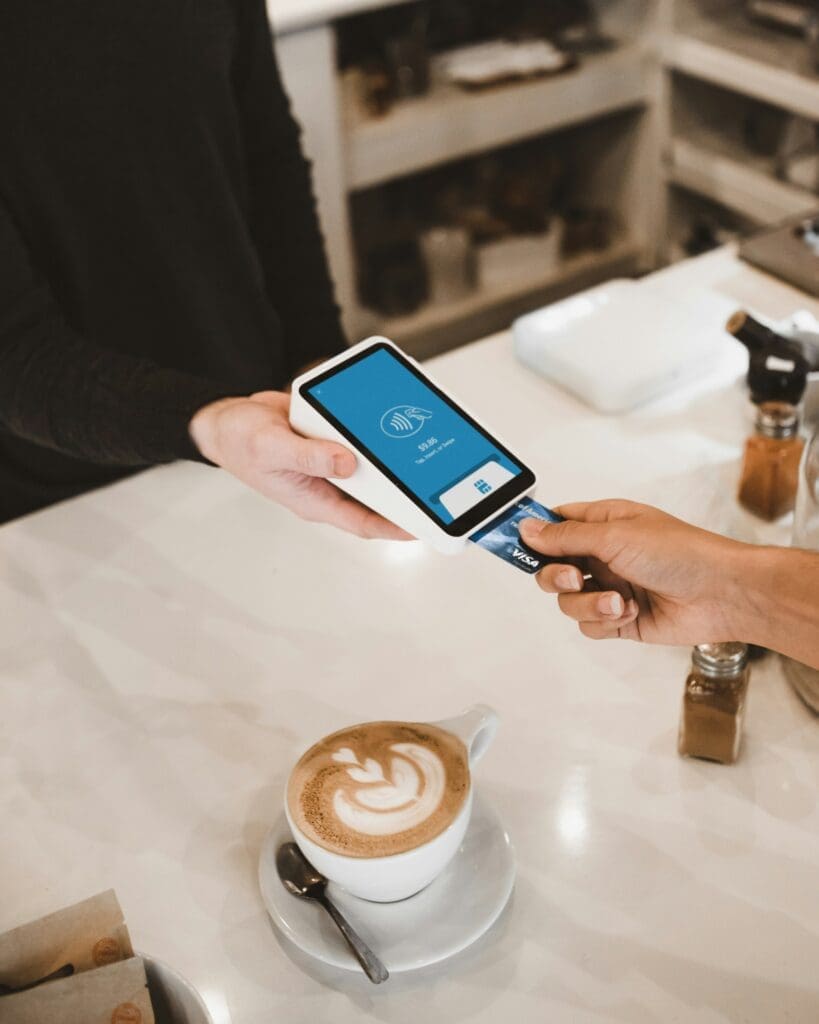Sales and Marketing Material For B2B Lead Generation

It is no surprise that B2B brands require a careful combination of sales and marketing materials for qualified leads and closings. Clients in the B2B space often present precise and technical expectations throughout their buyer journey. Misaligned B2B lead generation marketing could lead to costly expenditures with poor responses. Therefore, it is critical for sales and marketing collateral to carefully align with client preferences to generate quality leads in the most consistent and cost-effective way.
Understanding the Basics of B2B Sales and Marketing
The approach to promoting a B2B solution is nearly as important as the offering itself. B2B customers are typically value-driven, rational decision-makers who seek to maximize value while reducing cost and time investments. They represent their companies by considering the larger picture of profit, productivity, and the long-term benefits of a purchase.
In addition, findings from Worldwide Business Research show that B2B buyers are 57%–70% of the way through their buying research before contacting a sales rep. As such, B2B companies need to provide marketing materials for sales reps to effectively engage informed, detail-oriented customers. The ideal selection of collateral should showcase the unique selling points of a solution and how the offering solves a specific problem and clearly explain what a buyer stands to gain by trusting the B2B rep with their purchase.
Show Solutions With Product Demos
Product demos are some of the most effective types of collateral for B2B lead generation. The marketing approach allows prospects to familiarize themselves with an offering before going ahead with a purchase. A product demo clears initial buyer doubts and concerns through product use, showing rather than telling them the advantages of a solution. The approach allows prospects to improve their brand experience by contacting brand reps immediately during the demo to resolve specific product inquiries.
Leverage Email Marketing
Market research shows that B2B customers still prefer email over other communication channels. Email marketing collateral for sales could improve click-through rates and quality leads.
For best results, sales and marketing teams need to work with an email template that creates a professional and streamlined look that wins the trust of B2B customers. Additionally, templates allow B2B teams to conveniently format and personalize email content to generate optimal responses based on identified pain points.
Create Winning First Impressions With B2B Sales Sheets
Detailed product sheets can help sales and marketing teams present their solution in the most definitive way that establishes trust. The informative approach can help answer some of the FAQs of the target audience, driving a seamless engagement with quality leads and conversions.
A reliable product sheet software enables marketing teams to create and distribute detailed collateral to sales reps, who can then use them to supplement their presentations. B2B sales sheets should include the fundamental information that customers need to understand more about a solution so sales reps can optimize their engagements by focusing on the key points aimed at conversion.
Digitize Catalogs and Brochures
Taking sales and marketing collateral online enables a more flexible and cost-effective approach to B2B lead generation. Digitizing promotional materials like catalogs and brochures makes them more accessible to busy B2B customers, encouraging communication and engagement.
Also, digital content makes it possible to update catalog features with far less hassle than is involved with updating print assets. Since B2B customers tend to conduct online research and product comparisons before starting a conversation with a sales rep, visual and interactive digital catalogs can serve as an effective first point of contact.
Essentially, digital catalogs and brochures can boost B2B lead generation marketing by transforming conventionally static information into dynamic touchpoints. These include hyperlinks for contact details (e.g., email and phone numbers) and interactive product images or videos that appeal to leads who usually skim through text-heavy content.
Let Testimonials Speak for Themselves
Testimonials are highly strategic ways to showcase a B2B company’s effectiveness as an industry leader. An estimated 90% of B2B marketers consider customer testimonials and case studies the most effective content marketing tactic. Detailed and positive feedback gives prospects the assurance and relevant information needed to understand how a solution can work for them. A positive testimonial should highlight specific scenarios and problems solved so leads can easily identify the key points without combing through the details.
B2B marketers can refine their testimonials by limiting the text in customer feedback forms or highlighting important messages with bolded words and sentences. Companies can turn to customer feedback tools to collect, track, organize, and present valuable user-generated content (e.g., testimonials) as marketing materials for sales reps.
Closing Thoughts
Regardless of a B2B company’s preferred sales and marketing materials, the most important ingredient in effective lead generation lies in alignment. Marketing and sales must remain on the same trajectory as they convince well-informed customers in the B2B space.
Driving brand revenue has always been a collaborative effort between sales and marketing. And with B2B lead generation (compared to B2C), it is often a more delicate but fulfilling process to guide prospects down the funnel as they potentially become some of the most loyal customers, well-acquainted with a brand’s offerings.
Contact Madison Taylor Marketing to discuss effective, tailored B2B lead generation strategies aimed at engaging and converting your most valuable audience.





